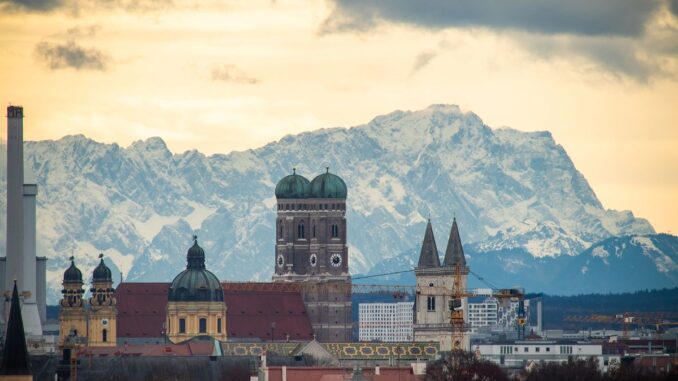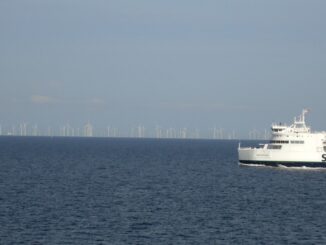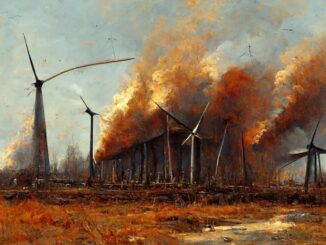
-
Oil burners revived, coal conversion delayed in energy crisis
-
City utility also saves energy by lowering pool temperatures
Munich plans to burn more oil and coal instead of natural gas as part of Germany’s efforts to counter Russia’s moves to squeeze deliveries of the fuel to Europe.
Stadtwerke Muenchen, the Bavarian city’s local utility, has revived oil burners at two heating plants that were previously shut. It also postponed the planned conversion of a power-generation block to gas from coal.
“With these measures, we reduce Munich’s natural gas consumption and broaden the energy mix,” the company said by email on Monday, without specifying the volumes.
The moves mark a reversal of recent trends. European power producers have for years shifted away from burning fossil fuels to cut emissions, but the risk of gas shortages is forcing changes.
German Power
Gas has been a stable fuel for German electricity generation
Source: AG Energiebilanzen
* Gross power generation by source (in terawatt hours)
Germany is facing an energy crisis this winter that would be unprecedented for a developed nation. Russia has gradually reduced deliveries of gas in evident retaliation over sanctions related to the war in Ukraine, making a recession more likely for Europe’s largest economy.
Germany’s gas-storage facilities are 68.6% full, well short of the country’s target of 95% by Nov. 1. Nearly half of German households rely on gas for heating, while the fuel also plays a key role in a number of industrial sectors from chemicals to cement and glass making.
Chancellor Olaf Scholz’s government has asked companies and consumers to save energy to bridge the gap. If measures to re-balance supply and demand fail, the government has the power to declare a gas “emergency,” which would involve the state taking control of distribution and deciding who gets the fuel and who doesn’t.
Russia’s latest step came last week, when Gazprom PJSC blamed a turbine issue for reducing flows on the key Nord Stream pipeline to about 20% of capacity. The fallout prompted a surge in gas and electricity prices on spot markets.
To reduce energy use in the short term, Stadtwerke Muenchen has lowered the minimum temperature in its outdoor and indoor pools and closed saunas.
As part of long-term efforts to reduce the use of fossil fuels, the Munich utility launched a 10 million-euro ($10.2 million) program to accelerate the expansion of district heating, generated by geothermal and other renewable sources.
Source: Bloomberg.com



